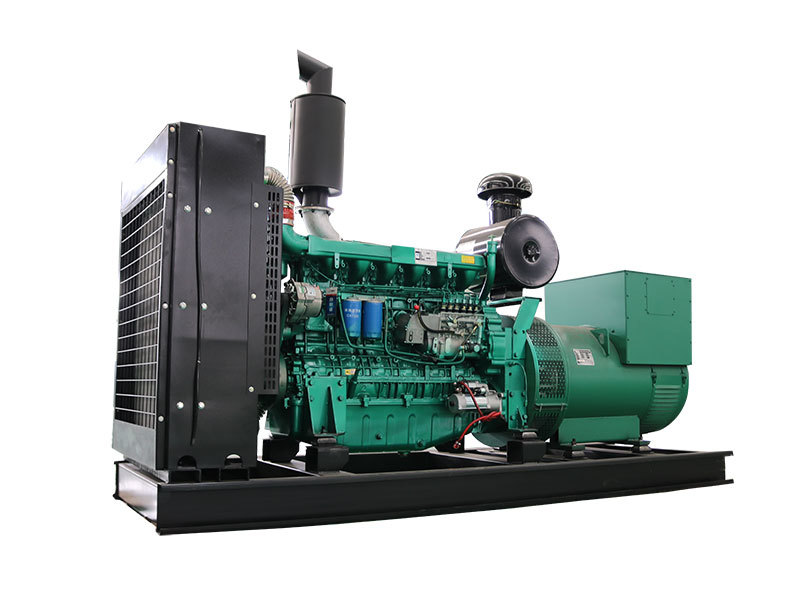First Impressions Can Be Deceiving
When it comes to generator sets, the sticker price is just the beginning. You might be surprised to learn that the true cost of generator set ownership extends far beyond the initial purchase. In fact, operational and maintenance costs can account for up to 85% of the total cost of ownership over the lifespan of a generator set. So, before you make a purchase, it's essential to understand these hidden expenses.
The Importance of Regular Maintenance
Think of your generator set as a car. Just as your car requires regular oil changes, tire rotations, and tune-ups, so too does your generator set. These maintenance tasks are crucial for ensuring the longevity and efficiency of your generator. Generator maintenance costs can include routine inspections, oil and filter changes, battery replacements, and engine overhauls.
How Often Should You Service Your Generator?
The frequency of maintenance depends on several factors, including the size of the generator, the type of fuel it uses, and the number of hours it operates each year. As a general rule, most generators require service every 200 to 400 hours of operation or at least once a year. However, it's always best to consult the manufacturer's recommendations for your specific model.
Fuel: The Lifeblood of Your Generator
Fuel is another significant operational cost to consider. The type of fuel your generator uses will impact both your fuel costs and your generator's environmental footprint. Diesel generators are a popular choice due to their fuel efficiency and long lifespan, but they do produce higher emissions than natural gas or propane generators.
Calculating Your Fuel Costs
To estimate your fuel costs, you'll need to know your generator's fuel consumption rate (usually measured in gallons per hour) and the cost of fuel in your area. Keep in mind that fuel prices can fluctuate, so it's a good idea to budget for potential increases. Also, consider the impact of fuel storage and handling costs, particularly for larger generators.
The Impact of Load on Generator Lifespan
Did you know that running your generator at full capacity can actually shorten its lifespan? That's because generators are designed to operate most efficiently at around 70-80% of their rated capacity. When a generator is consistently run at or near its maximum capacity, it can lead to increased wear and tear on the engine, resulting in higher maintenance costs and a shorter overall lifespan.
Finding the Right Balance
To maximize the lifespan of your generator, it's essential to find the right balance between load and capacity. This might mean investing in a larger generator than you initially thought necessary or implementing load management strategies to ensure your generator isn't consistently running at full capacity.
Minimizing the True Cost of Generator Set Ownership
Now that you understand the various factors that contribute to the total cost of ownership, let's discuss some strategies for minimizing these expenses:
In Conclusion
By understanding the true cost of generator set ownership and taking proactive steps to minimize these expenses, you can ensure that your generator provides reliable power while keeping your budget in check. So, the next time you're in the market for a generator set, remember to look beyond the purchase price and consider the long-term costs of ownership.





